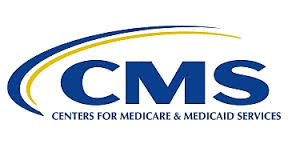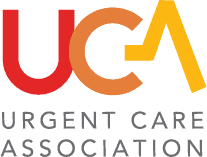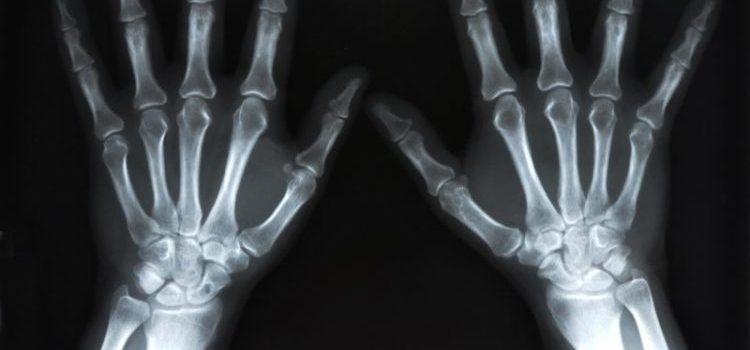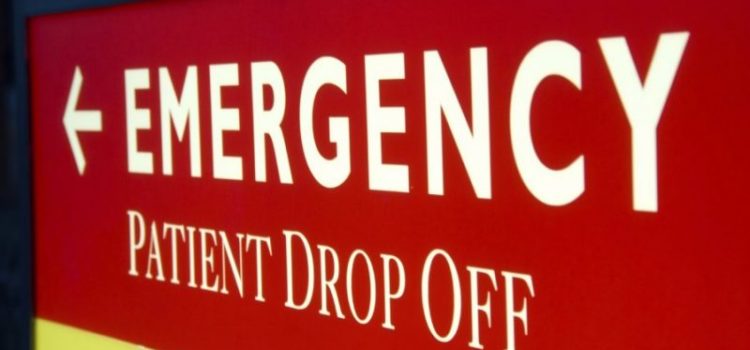Urgent care has taken root, among other reasons, based on its capability to treat patients who otherwise would be sitting (and waiting) in local hospital emergency rooms with nonemergent illness and injury. This benefits not only our industry and the patients who need urgent care, but also those patients who will find a less-crowded ED than they might find in a world without urgent care. And some of them—particularly those covered by Medicare and Medicaid, …
Read More







